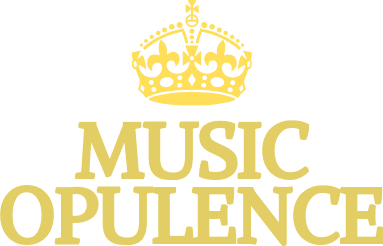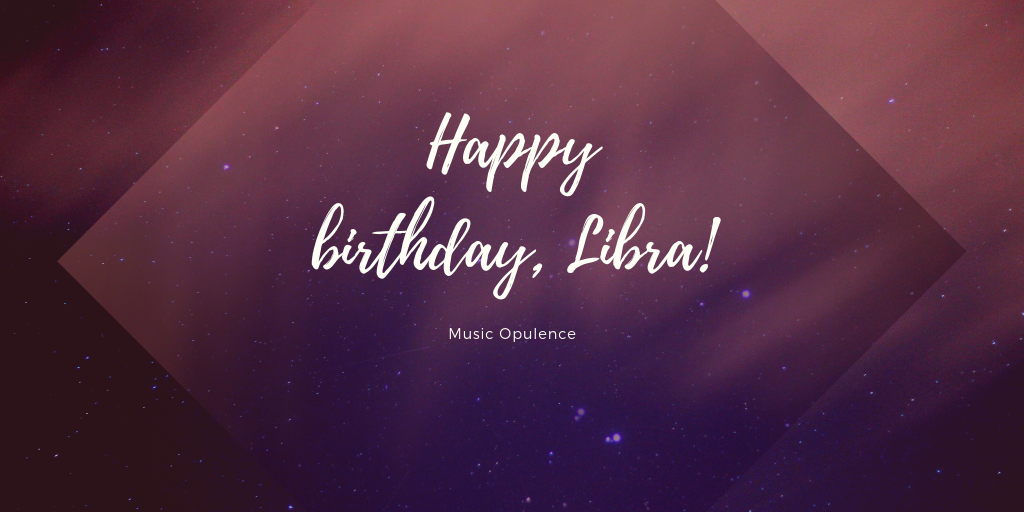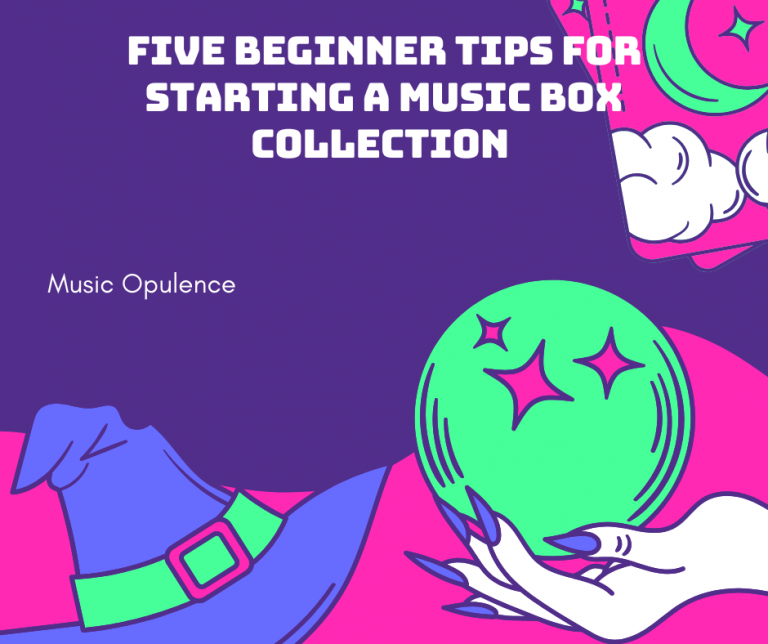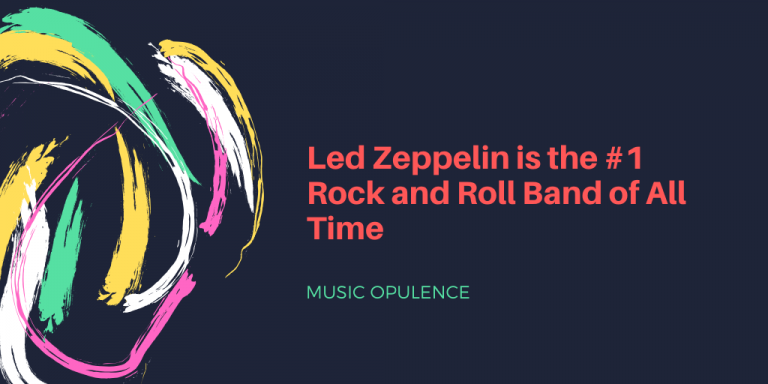ABC’s of the Music Industry
Music is an art, but in regards to the music, the genre is all about money!
There’ll be no interest in your songs if anybody or any business feels your music won’t make them cash. That is it in the nutshell. Bear in mind, to always do that. The Music Industry Is All all about Cash!
There are a couple of sources of cash. They include but are not limited to:
· Record revenue
· Tunes played on the radio
· In tv and films
· Concerts
· Songwriting
· Producing
· Merchandising
· Advertising
· CD-ROMs/DVDs
If you wish to enter the audio business and are an artist, you want 3 men and women in your corner. They comprise:
· Personal Supervisor — The most crucial of those three. They need to have contacts in the music business, keep eye on all of your events, counsel you on matters to do, help encourage your songs, manufacturers to employ, who to register with when to select tour, etc.. The manager will get 15% and 20 percent of musicians’ profits that are gross and have contacts with companies A&R, Marketing / Sales, and Promotion departments.
· Music Attorney — A fantastic lawyer specializing in the audio will understand how to correctly negotiate and structure the bargains an artist makes. They are reliable and need to have great contacts. Expect to pay between 100 and 200 per hour to get an audio lawyer that is fantastic. When an attorney believes you’ll receive signed, they charge a portion of the artist’s earnings and exude a fee that is set. In cities, you are going to cover.
· Music Agent — Novel concerts and special looks. With choosing a fantastic agent, the artist will be helped by A Supervisor.
If you wind up and begin generating the major money, then a fantastic Supervisor / Accountant will probably be necessary to take care of your tax situation, review your statements, funding excursions, offer investment information and how to deal with your money.
Obtaining recognized by mailing your presentation to record labels is not impossible, but 99.9percent of the time that your content is not going to get listened to. Even in the event you’ve got the very best tune on Earth, it won’t be listened to. Record labels need to restrict their liability, so they don’t hear unsolicited music. Record labels do not wish to obey numerous songs and subsequently be held accountable in case a person claims that their substance has been duplicated.
Should you choose to email your CD to record labels, then send the”solicited” material. First get a touch, rather a person at the Artists & Repertoire (A&R) department. and the Phone speaks to somebody. After sending your CD to follow up to ascertain if the targeted person received your content and another follow-up the telephone to establish whether it had been listened to. Split 3 to 6 tunes and also send a picture and a bio of your self. This is not the method to submit your content.
Until you’ve audio business consultants on your corner seeking to market you and there’s a”buzz” going around about you, your presentation won’t hit the decision-makers in the labels. Record companies get tens of thousands of unsolicited CDs. Your CD is going to probably be tossed into a bin located in a room filled with bins of CDs.
Record labels prefer to deal with it. All these are the artist which might have produced and marketed their CDs locally or regionally. Record labels prefer to take care of artists who’ve completed their substance and there’s this”buzz” going on around them. MC Hammer, until he became famous, performed his stuff and marketed his documents before a significant record label signed him. MC Hammer had a great deal of leverage in negotiating a fantastic contract since he proved on a neighborhood foundation he could sell documents.
Record companies need to limit their accountability. If you’re signed, you’re considered an investment that will require some cash and they would like to observe a premium return on their money invested in you. The more you’re able to show you could sell a listing, the better the odds it is possible to get signed.
If you get signed to a record company, then the artist will go to the studio and record tunes for the album business. The listing company makes copies of the master recording and ships it to your distributor. The distributor is a wholesaler who subsequently sells the CDs to retail outlets such as Best Buy, Sam Goody and Tower Records. The listing company then pushes money into advertising by marketing and promoting your songs with hopes of selling documents, thus making you a celebrity and getting wealthy!
It’s not quite as simple as it sounds. It requires a whole lot of hard work. Everybody must work together to make this occur. There are typically lots of individuals behind the scenes working to earn an artist a star.
Record companies frequently categorized into 4 classes: · big label record companies – have the listing and working resources to finish all functions to market records. Important label record companies are incorporated with they could manage the advertising, sales, advertising, and supply to market music. Important label record companies are Arista, Atlantic, Capital, and Sony.
· Important tag affiliate labels — have specific agreements with all the significant label record companies, in which the significant label may finance the labels recording and managing costs in exchange for a part of the smaller tag gains.
· Separate labels – distributes documents through important labels. Labels have workers. They are inclined to locate gifts, sign the gift, visit it the audio is listed and contracts with major record labels to execute the advertising, promotion, and other purposes.
· Authentic separate labels — Has no affiliation with a significant label and distribute their songs via independent vendors.
The A&R (Artists & Repertoire) Department
The A&R section is the talent scout. They’re responsible for finding new abilities. They’re this record company’s eyes and ears. But not since you get signed to a record label because an A&R representative enjoys you it does not mean that your CD could get produced and published. Executives higher from the corporation could cancel your bargain whenever they believe your CD won’t sell. A record company might need to invest a few hundred thousands of dollars to launch your CD, so they’ll be exceedingly careful about who they discharge.
The Marketing and Sales Department
This section is responsible for getting the public excited about your songs and original selling to retail shops the notion of transporting your CD. They are accountable for promotional products, advertising your CD, in-store screens, promotion, your CD cover, etc..
The Promotions Department
This section is responsible for getting your songs played on the radio. The people in this section will pay a visit to the variety of radio channels to convince them to perform with your content. If your material does not get performed, nobody will understand how you’re. People might look at your CD at the retail shop and wonder who you are. There’s also a direct correlation with CD earnings vs. how often each song for this CD has played on the radio. More air time on the radio equals more CD revenue for the listing companies.
Music is art, but about cash, it’s to the listing companies. Remember that it is a company. Remember everybody is out to earn money. The moment men and women feel you won’t earn this money, you’ll be dropped and the people would turn to seek out artists they think will make them cash. The record company does not think about grooming individuals. You’re out In case your CD is not a victory. There are seldom opportunities. There are other gifted individuals behind you exactly what their shot.
Distribution
A CD will not be carried by major retailers like Tower documents unless the listing includes a distributor. A powerful distributor helps to ensure your CD will be available in areas so that your CD will market to make money. Providers who can acquire record shops are used by labels. There are 5 leading wholesale distributors from the US that are possessed by conglomerates who own record labels. They are:
· BMG (distributes Arista, BMG, and RCA)
· EMI (spreads Capital and Virg.)
· Sony Music (distributes Columbia, Epic and Sony)
· Universal Music Group (distributes Interscope, Island/Def Jam, and MCA)
· WEA (spreads Atlantic, Elektra, and Warner Bros..)
Distribution through the Web Record labels and artists are increasingly using the internet. Unknown artists may also use websites such as this mZeus.com, http://www.mZeus.com, to create a buzz about their songs. But artists will need to work hard to get the buzz. Signing a contract is your thing to do. The record labels have individuals and the muscle to provide you a chance at getting famous.
Let us face it. It is all about money! Yes, the entertainment industry looks fascinating and entertaining, but folks are in it to make money. As an artist, the contract in the audio sector is the contract. The royalty is a part of the cash from album sales. The arrangement that’s a negotiated arrangement between artist and the record label could say royalty an artist is entitled to.
An artist needs to have a fantastic comprehension of how royalties are computed. By making certain the artist is compensated exactly what he/she deserves, An audio lawyer will assist. A 13% royalty for a single artist might be a great deal of cash, but a 13% royalty for a second possibly”chump change”.
This is the way the numbers work. A contract is signed by An artist. The artist works diligently to make a CD that the record company supports also belongs to the studio. The listing company via its supplier sells the CD using a suggested retail list price (SRLP) of $17.99 into a merchant for approximately $10.99. The distributor will require 10% – 14% of their $10.99. Thus the record business will get about 1/2 that the SRLP of $17.99. Record companies may receive less than 1/2 the SRLP. Artist royalty will be paid by record companies.
Prices will vary based on how effective their document sells. For a new artist that has sold or never had a deal less than 100,000 records will find a royalty rate of 12 percent to 14 percent of their SRLP. To get an independent record label it 10% to 14 percent of that SRLP. For the royalty rate 14. For the royalty rates 16. The more effective the artist is, the more complex the royalty as you may see. A royalty might be based on the document sells. The listing contract might say that an artist may get 12 percent to the units 14 percent for 100,001 to 300,000 units sold, and 16 percent for units sold.
But hold your horses. Should you sell 500,000 records and also have a royalty rate of 12% does not mean that you will get 12 percent of 500,000 in an SRLP of $17.98 that would equal $1,078,800. That is because as stated in the document contract, you will find obligations (expenses) that need to be deducted.
To initiate the bat, the listing company will deduct a”packing fee” in the SRLP that’s typically 20 percent for cassettes and 25% for CDs.
Secondly, the artist is responsible for paying the manufacturer that is album some of his or her holdings. A manufacturer will get 3% to 4 percent of their SRLP.
In the record industry, the contract will say that royalties are simply generated by the artists. For every 100 records sold no recourse is got by the artist.
Forth, the listing company will hold some of the royalty cash since the distributor has an arrangement with all the retail outlets to take credit and back the cash of the store from units. This is essential if the record does not sell, since a fantastic part of your record may be returned to the record company! It is known as a book. Until it is paid to the artist reserves could be held for two years. Typically a record label will maintain a reserve of 25% to 40 percent of those royalties.
Improvements paid into the artist in the record company have been deducted in the artist’s royalty. Advances include but are not limited to this:
· Recording studio costs (new artists into an impartial my get an improvement of $0 to $80,000, a brand new artist to a Significant record label $150,000 to $400,000
· Implementing promoters to help promote the records
· Price of earning a music video (promotions along with a cheap music movie may cost $150,000 to $200,000.
These costs are deducted from the artist’s royalties when cash is created for album sales. This is known as recoupment. If the artist’s album is not effective, the artist might never see a dime. The artists may owe the company money if the exemptions are significantly less than the deductions! This price might be carried over to the next album launch. A fantastic record contract won’t permit a negative price from 1 record to be transported over to a different album (cross-collateralization). When there is not another record the reduction is normally eaten by the record company.
There are several costs the record company won’t bill the artists. Including in-house and marketing promotions (free CD give away, etc.).
Just just how much can an artist make to get a gold record (500,000 records sold)?
Take a Look at the mathematics:
CD (suggested retail list price SRLP) = 17.99 Less CD prices of 20 percent = $ -4.50 NET = $13.49 Times: Web artist royalty rate (12% – 3% to manufacturer ) = X 9 percent Gross royalty per CD (9 percent of $13.48) = $ 1.21 Times 500,000 records = $500,000 SUB TOTAL = $605,00 Times: Royalty bearing% (15% o = no royalty) = X 85 percent Gross Royalty = $514,250 Less improvements: Recording, promo, music , tour = -350,000 TOTAL ROYALTY TO ARTIST = $164,250 – Reserves (35 percent ) returned by merchant ) = -57,487.50 (1) ACTUAL ROYALTY PAID TO ARTIST = $106,762.50
(1)Reserves will be paid into the artist in two years if no CDs returned from your merchant
Bear in mind the artist needs to cover TAXES! Do not forget Uncle Sam must receive his cut! Don’t overlook the Agent, the Lawyer, the Accountant, the Personnel Manager, along with numerous expenses.
There are lots of royalties an artist could obtain. They comprise, Record Clubs, Compilation CDs, Samplers (low-cost records where a few artists have been showcased ), Premiums (records sold with different goods, including cereal), Film Soundtrack Album, Music Video Revenue, Greatest Hit’s Record, Australian Royalties (tune played in some overseas state radio stations pay exemptions, including the US), Master Use License (music used in a film, tv, commercial, the world wide web, CD-ROM and DVD), etc..
Due to the world wide web, royalties’ principles are currently shifting. A lot of individuals purchase their music through the net. Just think, no packing needed and no supply to shops that were conventionally needed. Some websites make it possible for customers to purchase individual songs instead of a record. On how exemptions are computed due to the worldwide web changes are happening. Attorneys are currently pushing to get exemptions to be based on each song as opposed to every record 19, offered. Stay tuned!







